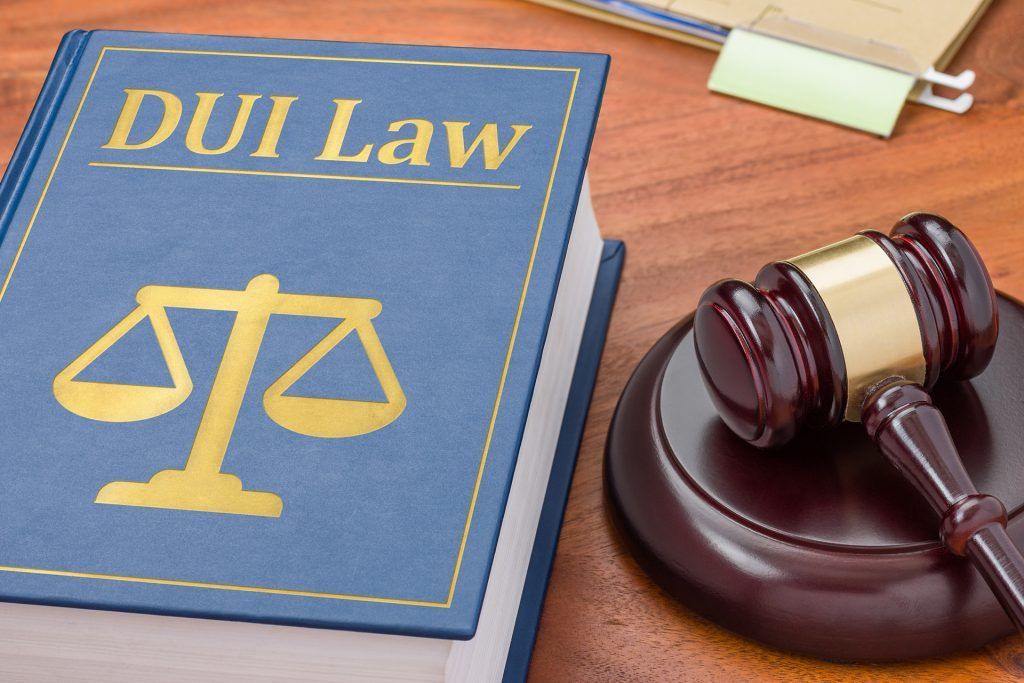Common Legal Terms You Should Know Before Going to Court
Common Legal Terms You Should Know Before Going to Court
Let’s face it — legal jargon can feel like a foreign language. If you’ve ever sat in a courtroom or spoken with a lawyer and thought, “What does that even mean?”, you’re not alone. Whether you're facing a criminal charge, involved in a family law case, or simply want to better understand how the legal system works, knowing some basic legal terms can help reduce stress and boost your confidence.
At Coppins Law Group, we make it a priority to help our clients feel informed and empowered at every stage of their case. So, let’s break down some of the most commonly used legal terms and what they really mean — in plain English.
Arraignment
This is typically your first court appearance after being charged with a crime. During your arraignment, the judge will tell you what you’re being charged with, remind you of your rights, and ask you to enter a plea — usually “guilty,” “not guilty,” or “no contest.” It’s also when the court decides on your bond and whether you’ll remain in custody or be released.
Appeal
If you believe the court made a mistake in your case — whether it was during trial, sentencing, or even a legal ruling — you may have the right to appeal. An appeal asks a higher court to review the decision and potentially change the outcome. It's not a second trial, but a legal argument about what went wrong the first time.
Affidavit
An affidavit is a written statement of facts that a person swears is true. It’s signed under oath and often used as evidence in court when someone can’t appear in person.
Bail and Bond
Bail is the amount of money set by the court to make sure you come back for your future hearings. If you pay the full amount, that’s bail. If you use a bonding company to pay a portion of it, you’ve posted a bond. Either way, the goal is the same: you get released from jail while your case is pending.
Bench Warrant
If you miss a court date or fail to follow a judge’s order, the court may issue a bench warrant for your arrest. It allows law enforcement to take you into custody and bring you before the judge.
Citation
A citation is another word for a ticket. It’s a written notice from law enforcement that you've allegedly broken a law — like a traffic offense — and that you're expected to appear in court or pay a fine.
Civil Infraction
A civil infraction is a non-criminal offense, like speeding or a parking violation. It usually results in a fine but won’t go on your criminal record or lead to jail time.
Complainant
This is the person who initiates the legal action or complaint — in criminal cases, this is typically the victim or the one who reported the alleged crime.
Defendant
The defendant is the person who has been accused of a crime or named in a legal proceeding. If you’re facing charges, you're the defendant.
Convict
To convict someone means they have been found guilty of the charge(s) against them, either by pleading guilty or being found guilty at trial.
Controlled Substances Act
This refers to the body of laws that regulate the possession, use, and distribution of drugs. In Michigan, this includes everything from marijuana to prescription pills and more serious substances.
Contempt of Court
If someone disobeys a judge's order, causes disruptions, or refuses to cooperate with the court, they can be held in contempt. This can result in fines or jail time — it’s essentially a punishment for disrespecting the legal process.
Cobbs Plea
This is a Michigan-specific plea deal where the judge agrees to a sentence range before the defendant officially pleads guilty. If the judge later decides to impose a harsher sentence, the defendant can withdraw the plea. It gives defendants some protection and predictability when accepting a deal.
Deferred Judgment of Guilt
In some cases, the court may delay entering a judgment of guilt. Instead, the person is given conditions to meet — like probation, treatment, or community service. If completed successfully, the case might be dismissed, and the conviction won’t go on their record.
Adjournment
An adjournment simply means the court date has been pushed back. It could be for any number of reasons — the judge’s schedule, more time needed to prepare the case, or at the request of one of the parties.
Bind Over
This term comes up during a preliminary exam in felony cases. If the judge decides there's enough evidence, they’ll “bind over” the case to the circuit court for trial. It’s a signal that the case is moving forward in the legal process.
Circuit Court Misdemeanor
While most misdemeanors are handled in district court, some that carry more than a year of jail time can go to circuit court. These are more serious misdemeanors and are treated similarly to felonies in terms of process.
Community Supervision or Probation
Instead of sending someone to jail, the court may place them on probation. This means the person must follow certain conditions like drug testing, curfews, or counseling. If they violate those terms, they could be sent to jail.
Probation Order Amendments
Sometimes, the terms of probation need to be updated. That could mean adding a treatment program, allowing someone to move, or changing reporting requirements. These amendments must be approved by the court.
Client Information Release Authorization
If you’re working with a counselor or social worker while on probation, you may be asked to sign this form. It gives permission for your probation officer to speak with your treatment provider — to make sure you're staying on track.
Criminal Tracking Number (CTN)
Every criminal case in Michigan is assigned a CTN — a unique number that helps track the case throughout the system. It’s like your case’s fingerprint.
Computerized Criminal History (CCH)
This is a statewide system that stores criminal history records. Law enforcement and courts use it to see prior offenses, probation status, and other relevant history.
Crime Victim’s Rights Act
This Michigan law ensures that victims of crimes have a voice. It gives them the right to be informed, present, and heard during key parts of the criminal justice process, like sentencing or parole hearings.
Contested vs. Uncontested Hearings
In a contested hearing, the two sides disagree and present arguments to a judge. In an uncontested hearing, they’ve reached an agreement or the issue isn’t being challenged.
Disposition
This term refers to how the case ends — whether through dismissal, guilty plea, not guilty verdict, or other resolution.
Expungement
If you’ve completed your sentence and meet certain eligibility requirements, you may be able to get your criminal record wiped clean. This is called expungement, and it can help with finding work or housing in the future.
Final Thoughts
Understanding legal terms is an important part of feeling in control during what may be a stressful time. The court process can be confusing, but it doesn't have to be. At Coppins Law Group, we believe that clear communication is key. That’s why we take the time to explain every part of your case in straightforward terms — and why we offer resources like this to help you feel prepared and informed.
If you're facing a legal situation and unsure what something means, don’t hesitate to ask. There's no such thing as a silly question when your freedom, record, or family is on the line. We’re here to help you make sense of it all — and fight for the best possible outcome.




